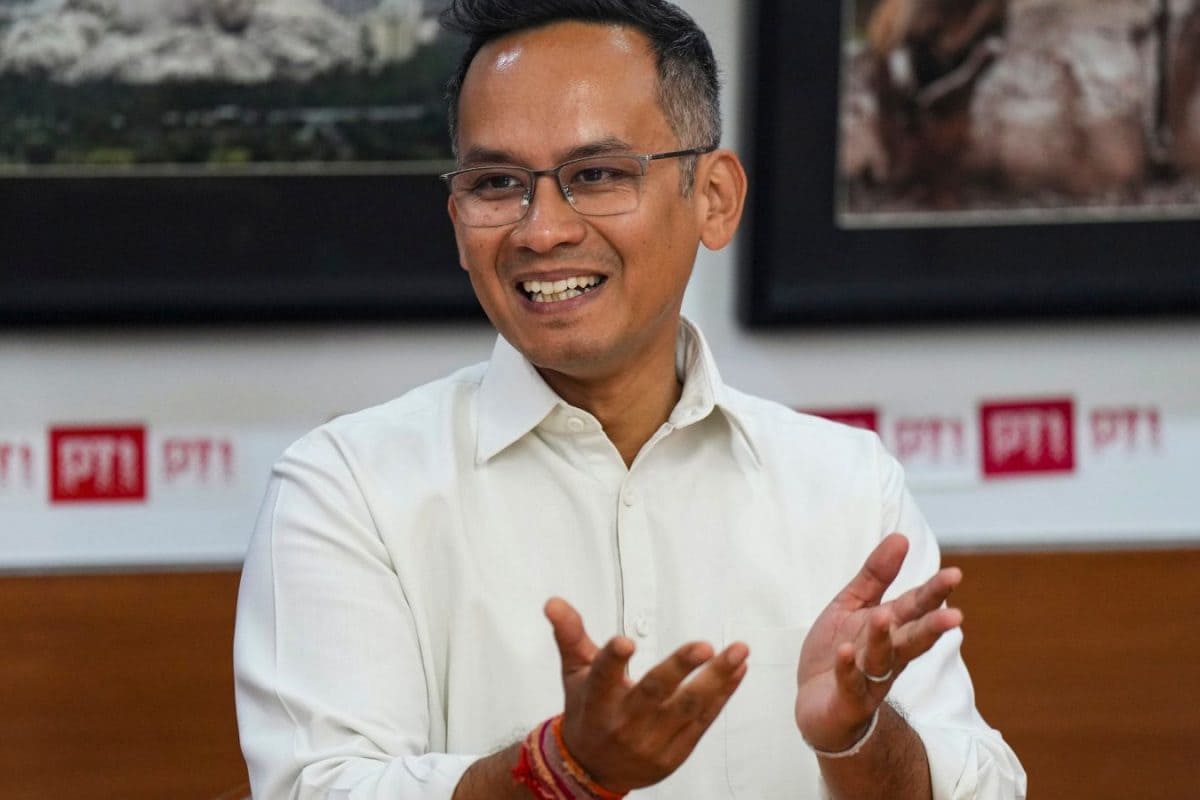

The Indian National Congress faces a critical decision as it prepares for the upcoming Assam Assembly elections in 2026: whether to project Gaurav Gogoi as their Chief Ministerial candidate to challenge the incumbent, Himanta Biswa Sarma. The party is currently weighing the potential benefits and risks of such a move, considering Gogoi's strengths, the political landscape, and the challenges posed by Sarma's dominance.
Gaurav Gogoi, a prominent Congress leader in Assam, currently serves as the Deputy Leader of Opposition in the Lok Sabha. Born on September 4, 1982, he is the son of the late Tarun Gogoi, Assam's longest-serving Chief Minister. Gaurav Gogoi's political career began in 2014 when he was elected to the Lok Sabha from the Kaliabor constituency. He retained the seat in 2019 and was re-elected from the Jorhat constituency in 2024. His educational background includes a BTech in Electrical Engineering and a Master's degree in Public Administration from New York University. Before entering politics, he worked in the development sector and with NGOs, focusing on social justice issues. Within the Congress party, Gogoi is known for his sharp criticism of the current administration and his advocacy for inclusive development, equality, and social justice.
Several factors suggest that Gogoi could be a strong contender against Sarma. He has a clean image, strong communication skills, and a demonstrated ability to connect with voters. Gogoi's victory in the 2024 Lok Sabha elections from Jorhat, despite the BJP's efforts to defeat him, has boosted his stature within the party and among the public. As the Deputy Leader of the Congress in the Lok Sabha, he has been a vocal critic of the Modi government, raising important questions on issues such as unemployment, economic inequality, and national security. Moreover, he hails from a respected political family, which could provide an advantage in a state where political legacies matter.
However, choosing Gogoi also carries risks. Himanta Biswa Sarma is a formidable opponent with a well-oiled political machinery and a proven track record of electoral success. Sarma's political acumen and his ability to connect with the Assamese people cannot be underestimated. Recent political clashes between Gogoi and Sarma, including allegations regarding Gogoi's family and supposed Pakistani links, highlight the intense rivalry and the challenges Gogoi faces. Sarma's camp has accused Gogoi's wife of having links with Pakistan's ISI, which Gogoi has vehemently denied, accusing Sarma of trying to divert attention from his own failures and potential corruption.
The Congress party in Assam is also undergoing a period of restructuring and strategic recalibration. The party aims to unite all anti-BJP forces in the state, which may require strategic alliances and seat sacrifices. A key aspect of their strategy involves highlighting the alleged corruption and misdeeds of the Sarma-led government. The party is also focusing on grassroots campaigns to connect with voters and address their concerns about economic hardship and governance.
Ultimately, the decision of whether to project Gaurav Gogoi as the Chief Ministerial face will depend on a careful assessment of these factors. The Congress party must weigh Gogoi's potential strengths against the challenges posed by Sarma and the broader political landscape in Assam. The party's strategic choices in the coming months will be crucial in determining its prospects for the 2026 Assembly elections and its ability to regain lost ground in this politically significant state.